
Dr Amy Clippinger is the president of the Science Consortium and is also the director of PETA US’ Regulatory Testing Department. She has a PhD in cellular and molecular biology and genetics and conducted her post-doctoral research in the Cancer Biology Department at the University of Pennsylvania, US. She is a past president of the Society of Toxicology (SOT) In Vitro and Alternative Methods Specialty Section and the recipient of the 2022 SOT Enhancement of Animal Welfare Award. She is also a member of the Scientific Advisory Committee on Alternative Toxicological Methods (SACATM) that advises the US Interagency Coordinating Committee on the Validation of Alternative Methods (ICCVAM) and the US National Toxicology Program Interagency Center for the Evaluation of Alternative Toxicological Methods (NICEATM).

Dr Gilly Stoddart is a director of the Science Consortium and is also the director of PETA UK’s Science Department. She has a PhD in drug delivery from Cardiff University, UK, and has seven years of experience working in research and development. Dr Stoddart serves as the Science Consortium’s point of contact for the European Chemicals Agency. For six years, she was a member of the UK Animals in Science Committee, which advises the secretary of state on all matters concerning the use of animals in scientific procedures.

Dr Julia Baines has a PhD from the University of Liverpool, UK, with a background in animal behaviour and welfare and has lectured for many years on animal ethics, law, and philosophy. She advises the Science Consortium on strategies to minimise the use of animals under the Registration, Evaluation, Authorisation and Restriction of Chemicals (REACH) regulatory framework, communicating with the European Commission and European Parliament and representing the Science Consortium as a European Chemicals Agency–accredited stakeholder organisation.

Adam Bettmann has a master’s degree in regulatory toxicology from the University of Minnesota, US, and is a Diplomate of the American Board of Toxicology (DABT). He has more than a decade’s worth of experience performing hazard assessment, hazard communication, and risk assessment for a multinational company, and served as study director for in vitro toxicology testing. He advises the Science Consortium on the implementation and regulatory acceptance of non-animal testing approaches with a focus on the US Environmental Protection Agency’s administration of the Toxic Substances Control Act.
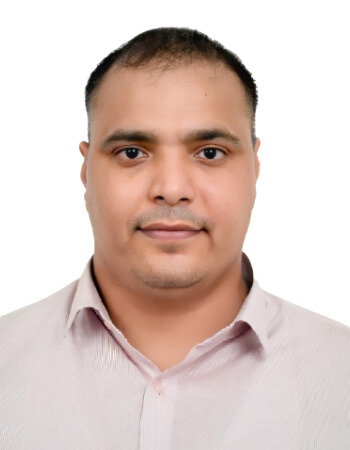
Dr Rohit Bisht has a PhD in ophthalmology from the University of Auckland, New Zealand, and completed research projects at the All India Institute of Medical Sciences and the University of Missouri–Kansas City, US. As an advisor to the Science Consortium, he collaborates with industry, regulators, academia, and policymakers to advance animal-free testing methods and technology for the creation of therapeutic products.
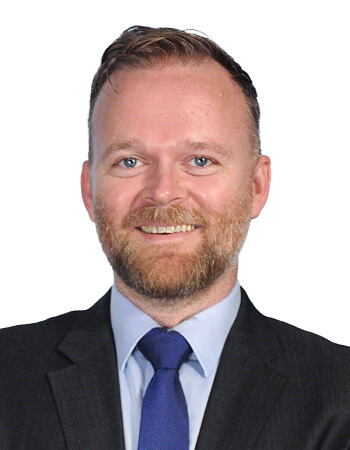
Jeffrey Brown studied epidemiology and public health at George Washington University, US, after receiving his undergraduate degree in cell and molecular biology. He advises the Science Consortium on animal-free approaches to assess the toxicity of medical devices and biologicals.
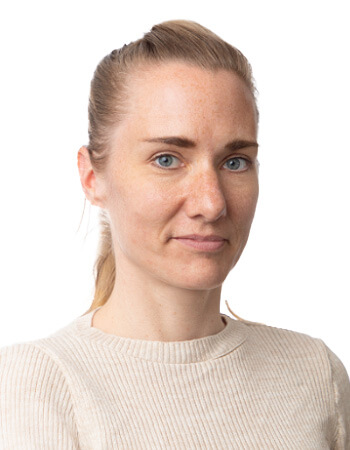
Dr Vera Engelbrecht has a PhD in biology and biotechnology and conducted her postdoctoral research in the Department of Plant Biochemistry at Ruhr-Universität Bochum, Germany. She advises the Science Consortium on the EU Chemicals Strategy for Sustainability and the implementation of non-animal testing strategies.
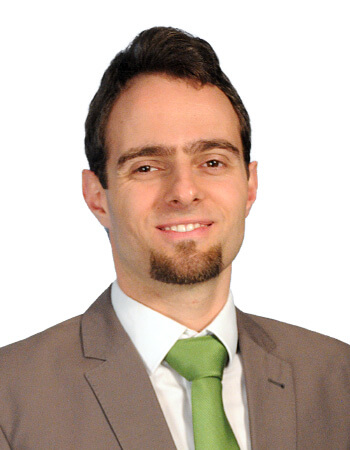
Dr Christopher Fassbender has a PhD in biology and several years of research and teaching experience in ecotoxicology and zoology at the University of Heidelberg, Germany. At the international level, he advises the Science Consortium on animal testing and alternative methods with regard to toxicology and ecotoxicology regulations and guidance at the Organisation for Economic Co-operation and Development and the European Chemicals Agency.
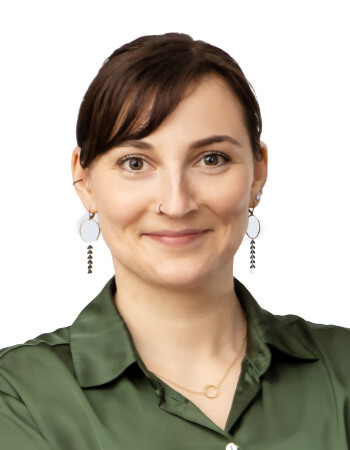
Dr Tina Florut has a master’s degree in biochemistry and a PhD in psychiatric clinical research from Leipzig University, Germany, and a postgraduate degree in health business administration from the University of Erlangen–Nuremberg, Germany. For several years, she was the CEO of a clinical research company in the field of neurology and psychiatry. Dr Florut advises the Science Consortium on non-animal testing policies in the EU with a focus on regulations in Germany and pharmaceutical policies at the EU level.
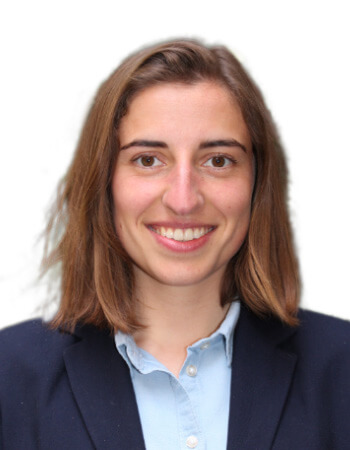
Franziska Grein has a law degree from Humboldt-Universität zu Berlin, Germany, a master’s degree in French public law from Paris 2 Panthéon-Assas University, France, and a master of laws in transnational law from King’s College London, UK, with a focus on EU animal welfare regulation. She advises the Science Consortium on the replacement of animals in toxicity testing in France.
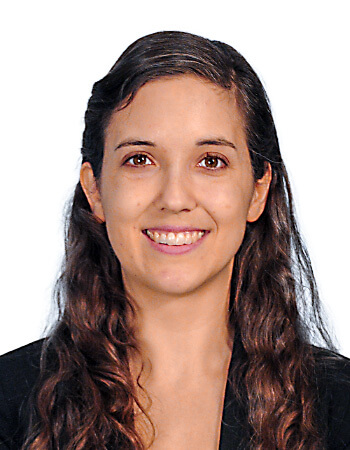
Katherine Groff has a master’s degree in fisheries and wildlife management from Michigan State University, US, and an undergraduate degree in biology from the University of Notre Dame, US. She advises the Science Consortium on non-animal reagents, biotoxin test methods for shellfish, and efficacy testing of parasite control products developed for animal companions.
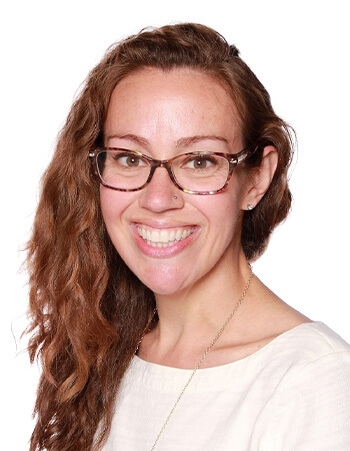
Dr Gina Hilton has a PhD in toxicology from North Carolina State University, US, and an MS in chemistry from Wake Forest University, US. Her PhD research focused on using “omic”-based approaches to assess the utility of co-culture models of the respiratory tract to predict toxicity following nanomaterial exposure. Dr Hilton advises the Science Consortium on the development and implementation of in silico and in vitro testing strategies.
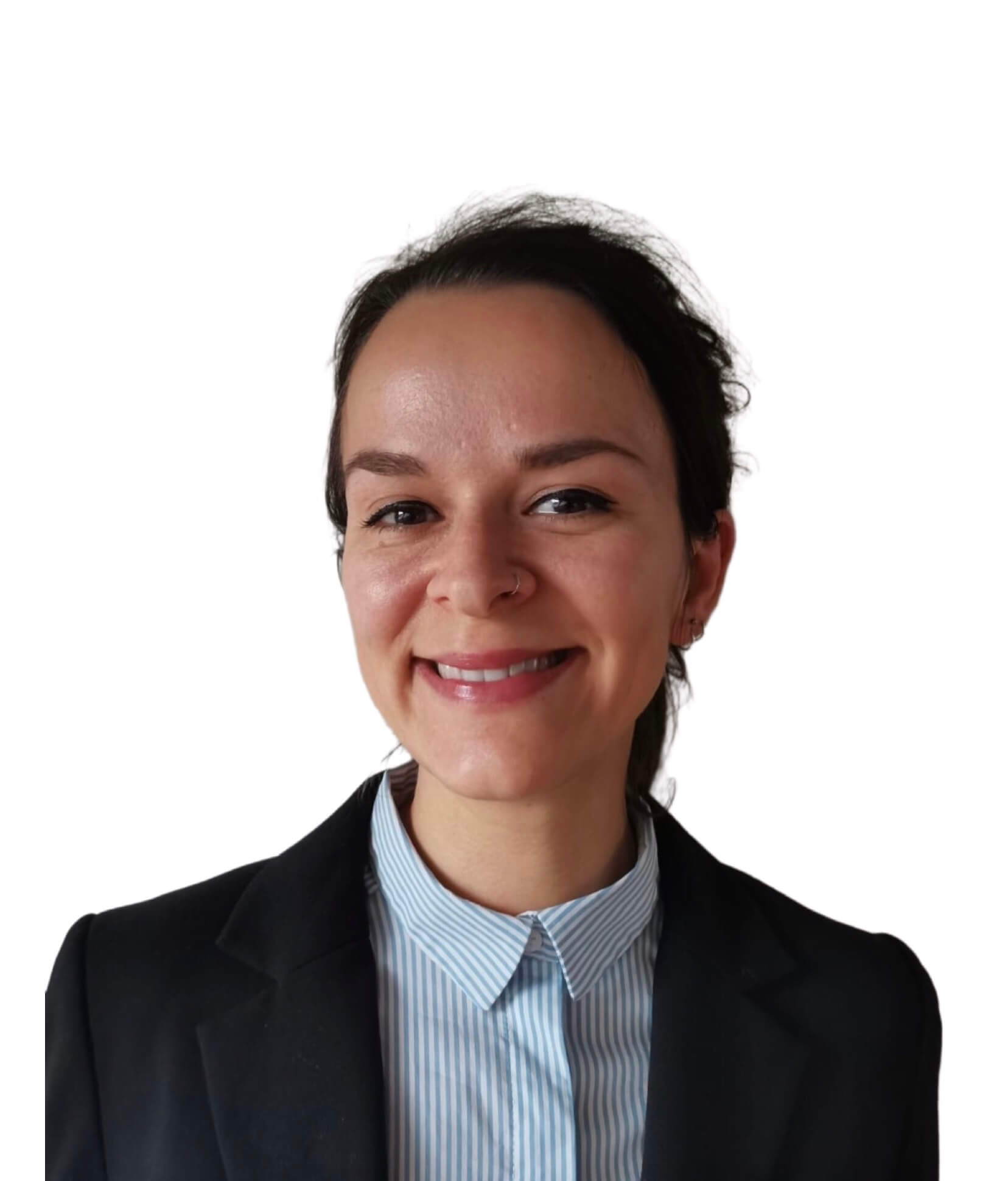
Dr Jen Hochmuth has a PhD in ecotoxicology from Ghent University, Belgium, and a BSc in Marine Biology from the University of Aberdeen, UK. She is based in Belgium and engages with policymakers at the EU level on how to replace the use of animals in science and advises the Science Consortium on relevant EU legislation. Her primary focus is ensuring that non-animal testing approaches are implemented wherever possible to meet the objectives of the EU Chemicals Strategy for Sustainability.
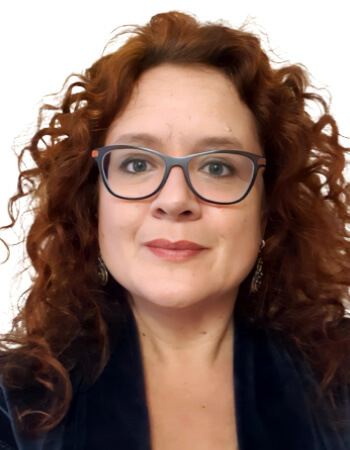
Dr Janneke Hogervorst has a PhD in cancer epidemiology from Maastricht University, the Netherlands. She held postdoctoral positions in and lectured on cancer epidemiology at Maastricht University and environmental health epidemiology at Hasselt University, Belgium. Dr Hogervorst advises the Science Consortium on the replacement of animal testing in the Netherlands.

Dr Ankita Pandey has a PhD in zoology from Maharishi University of Information Technology, India. Her PhD work at CSIR-Indian Institute of Toxicology Research focused on developing stem cell–based high-throughput in vitro systems to assess the neurotoxicity and developmental neurotoxicity potential of drugs and chemicals. Dr Pandey advises the Science Consortium on the implementation and regulatory acceptance of non-animal test methods in India.
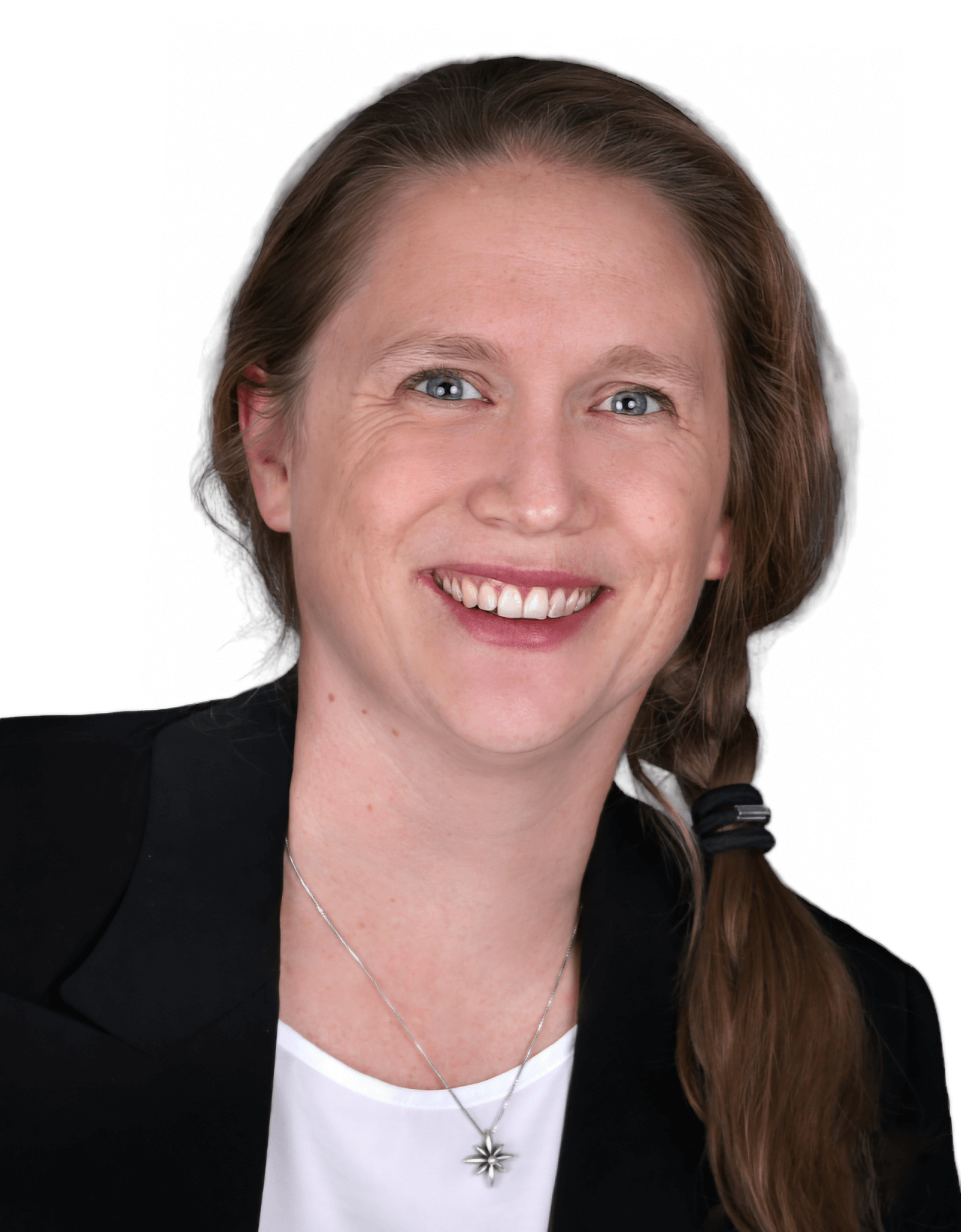
Dr Jessica Perrin has a PhD in biotechnology from Heidelberg University, Germany, and a master’s degree in biotechnology from the Mannheim University of Applied Sciences, Germany. She has eighteen years of experience working in the pharmaceutical and biotechnology industries, focusing on the discovery and development of innovative human medicines. Dr Perrin advises the Science Consortium on animal-free approaches to assess the toxicity of pharmaceuticals and medical devices.
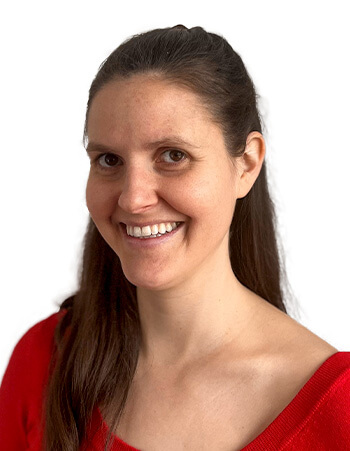
Dr Tess Renahan has a PhD in biology from the Max Planck Institute for Biology Tübingen, Germany, where she also carried out postdoctoral research, and an undergraduate degree in integrative biology with a concentration in human health from the University of California–Berkeley, US. Dr Renahan advises the Science Consortium on non-animal, human-relevant methods for the toxicity testing of plant protection products and biocides in the EU and the UK.
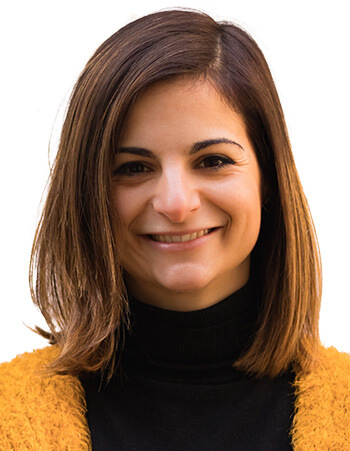
Dr Nuria Roldan has a PhD in biochemistry, molecular biology and biomedicine from the Complutense University of Madrid, Spain, where she studied the molecular mechanisms of pulmonary surfactant function. After the completion of her PhD, Dr Roldan worked for several years in the organ-on-a-chip field developing and using in vitro lung models for toxicity, safety, and efficacy testing. Dr Roldan advises the Science Consortium on inhalation toxicity and nanomaterial testing.
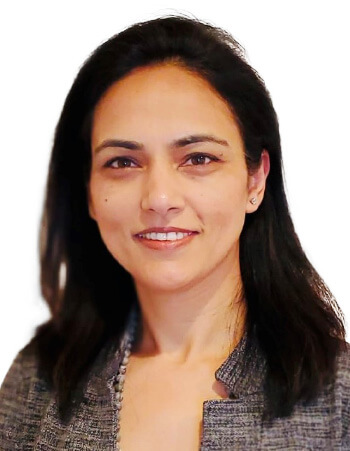
Dr Monita Sharma received her PhD in biomedical sciences from Wright State University, US, with nanotoxicology as the main area of focus. Her thesis work, conducted in collaboration with Wright-Patterson Air Force Base, involved evaluation of the immunological implications of exposure to gold nanoparticles and development of a dynamic in vitro blood brain barrier co-culture model for the testing of nanomaterials. As the nanotoxicology specialist for the Science Consortium, Dr Sharma researches and promotes human-relevant non-animal methods to assess nanotoxicity. She participates on the International Organization for Standardization (ISO) Technical Committee on nanotechnology and the Organisation for Economic Co-operation and Development Working Party for Manufactured Nanomaterials (OECD WPMN) to ensure the best non-animal methods are included in international standards and guidelines for nanomaterial testing.
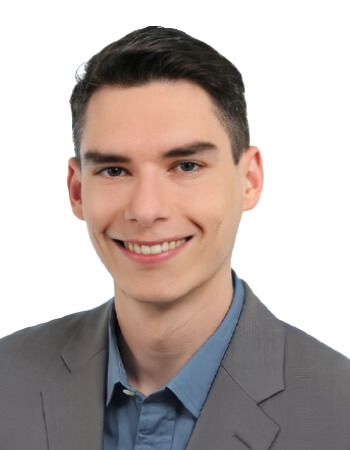
Dr Andreas Stucki has a PhD in biomedical sciences from the University of Bern, Switzerland, where he was involved in the development and biological validation of a lung-on-a-chip – an advanced in vitro model of the human air-blood barrier. After completing his PhD, he worked on in vitro respiratory toxicology testing before returning to the University of Bern for his postdoctoral research. Dr Stucki advises the Science Consortium on inhalation toxicity and nanomaterial testing issues.
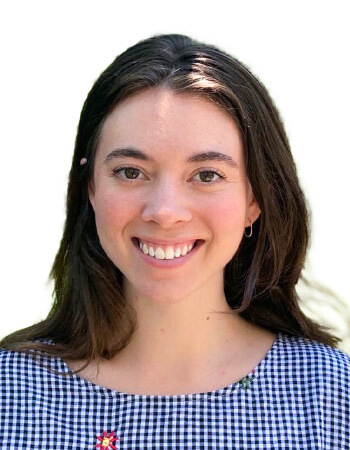
Anna van der Zalm has a master’s degree in chemistry from the University of Oxford, UK. Her master’s thesis focused on using biophysical and in vitro techniques to study chaperone proteins involved in pathways that cause Alzheimer’s. She advises the Science Consortium on strategies to minimise the use of animals under international plant protection product legislation.
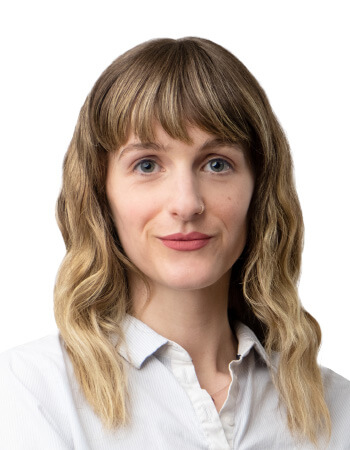
Mandy Veillette has an undergraduate degree in animal biology from McGill University, Canada, a law degree from the University of Montréal, Canada, and a master’s degree in environmental sciences from Université du Québec à Montréal, Canada. She advises the Science Consortium on REACH, the Cosmetics Regulation and other regulations of interest, and the EU Chemicals Strategy for Sustainability.
